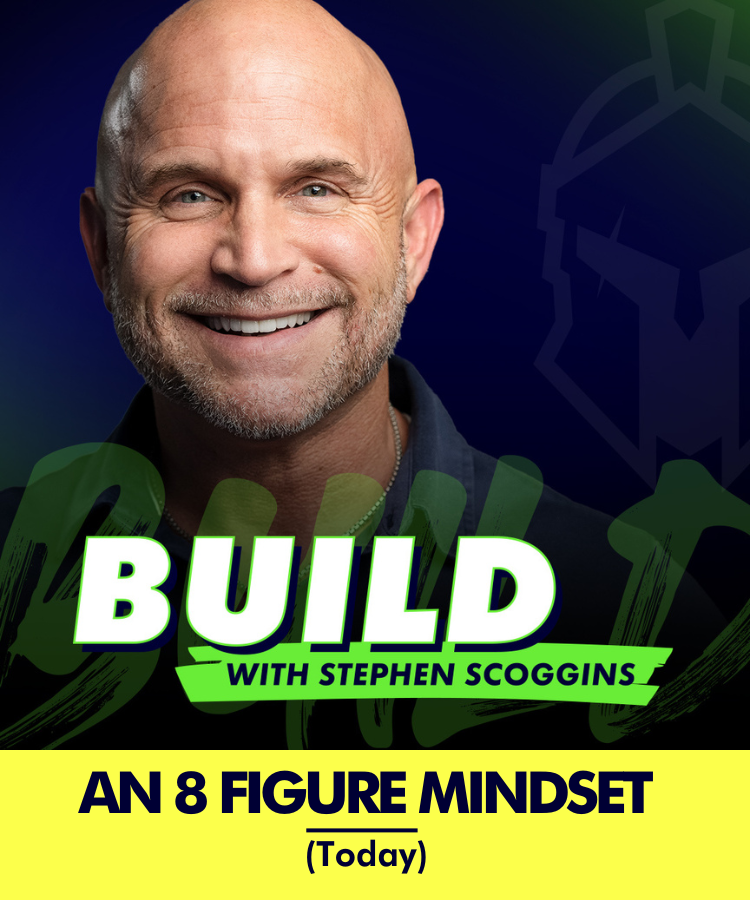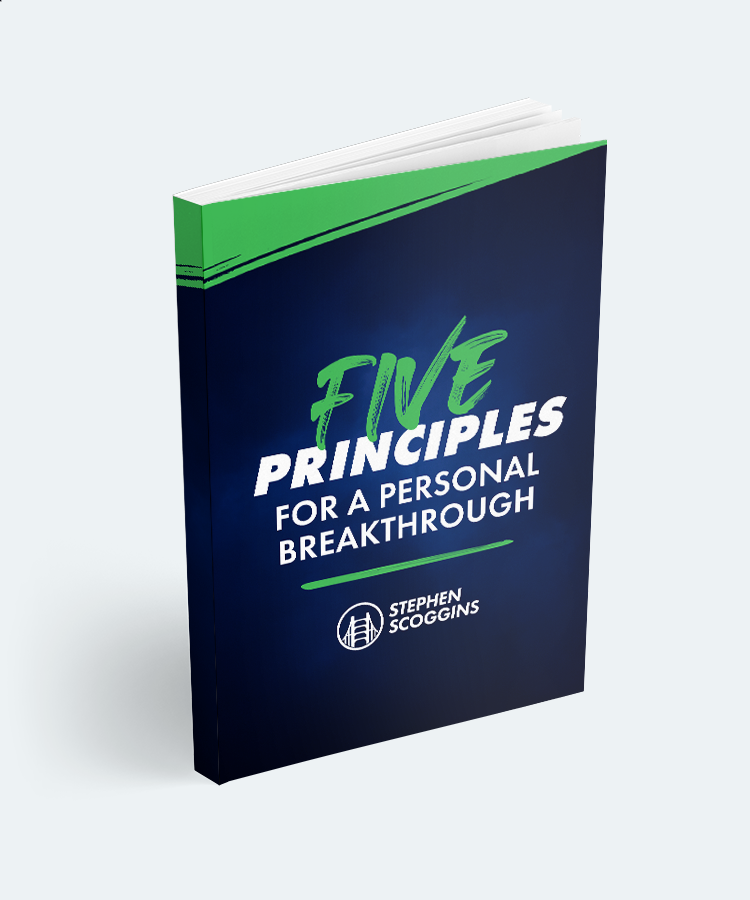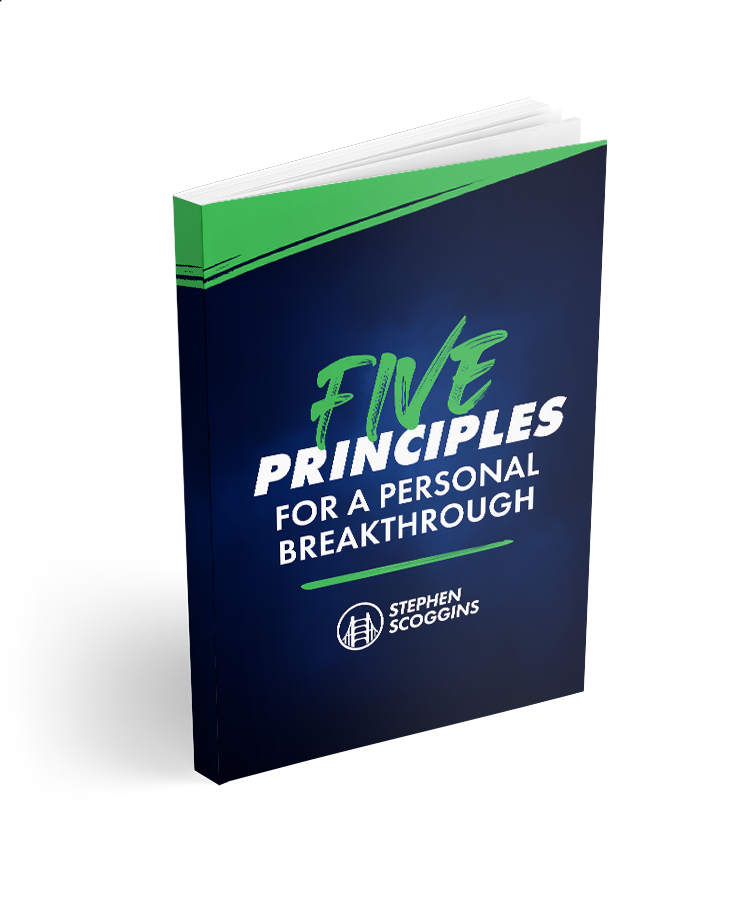Summer is almost over. And for many of us, it means that the goals we made in January are now nothing but wishful thinking. In fact, according to research from the University of Scranton, 92% of those who set New Year’s goals never reach them. But here’s the thing: Goals or what I like to call Outcomes can be achieved if done right. With that in mind, I will use goals and outcomes interchangeably in an effort to help you see an “Achievable Goal as a clearly defined “Outcome”. You don’t have to keep getting frustrated or discouraged because you bombed with the ones you made at the beginning of the year. It’s never too late to set new ones that are achievable,
So, what’s the secret to setting goals that work? Avoid the common pitfalls below. Turn your goals into clearly defined outcomes, describing them in detail using all 5 senses.
Not Writing Down Your Goals / Outcomes
You need tactical actions steps that aren’t written down aren’t objectives. They’re dreams just rattling around in your head. To make them real, you first have to get your goals down on paper. This one small exercise helps you better visualize the outcome, keeps you focused, and holds you accountable. And there’s research to back this up. According to a study by psychology professor Dr. Gail Matthews at the Dominican University of California in San Rafael, you are 42% more likely to hit your goals if you write them down.
Starting Too Big
One of the largest mistakes I made when first starting out was thinking way too big. I said foolish things, like, “Hey, I want a million dollars or “I want to buy a Ferrari.” There is nothing wrong with either of those goals. But you’re not going to hit them right away. So instead of getting what you want when you shoot too high, you end up feeling frustrated and stuck. You need to think in terms of six- to 12-month increments and how much you can accomplish if you really stretch yourself in these time periods. One of my personal goals is that I want to transform a million lives. But the idea of me achieving this goal in year one is not realistic. Instead, I focus on building a larger success on the foundations of smaller goals. Little wins create momentum, and momentum—the longer it’s generated—creates more wins in less time.
It’s way better to achieve small victories consistently than to shoot for the moon, fall short and get discouraged. So, if you want to bench 400 pounds, for example, and can only lift 80 right now, set your next milestone between 95-100 pounds within the first month and be thrilled when you hit it. Transformation is a marathon, not a sprint. So, treat yourself with compassion and make sure you do the next thing you say you will do.
Not Being Specific Enough
The more specific you are when creating your goal, the better chance you’ll have of hitting it. You just can’t say, “I want to be a millionaire. Do you mean you want one million dollars in your bank account, or a net worth of one million, for example?
One of the first things I do when creating a goal is to try and use all five of my senses. I envision what it will look like when I accomplish my goal. I try to imagine the sounds I’ll hear, the things I’ll taste, the things I’ll be able to do with my hands. And then I put down on paper what I want and what my life will look like when I achieve my goal. And I’m super specific about it.
Keep in mind, regardless of your goal, the best practices for goal setting demand that each goal include the following:
- Realistic deadlines
- Quantifiable milestones
- “Why”
- Relevance to the 8 Pillars of Life
Not Knowing Your Why it Matters Most
One of the biggest steps most people miss when creating a goal is not asking themselves the “why” behind it. What would it accomplish for you? Often, what we think is our goal is actually not what we’re really after. A lot of people want to be a millionaire because they want status. If they were to probe more deeply, they might find that they want status because they think that will make them have worth. And no amount of money can do that.
When you know who you are, how you work and what you were put on this earth to do, you’re far more likely to nail the best practices for goal-setting. To get started, ask yourself the following questions.
- What motivates me the most on a daily basis?
- How can I leverage my gifts and strengths toward achieving my goal?
- In what ways could my weaknesses sabotage me?
- Will this goal matter at the end of my life? How?
- Have I ever attempted a goal like this before? How can I learn from that experience?
Not Breaking Down Your Outcomes
Once you’ve clearly defined your goal, think carefully through what would need to happen before that goal can be achieved. Not only will this help you keep your eyes on the prize, but it will also make your plan more effective from the get-go.
Next, create a plan of action on how you are going to get the outcome you’re striving for. And then, break it down into monthly, weekly, even daily actions. Think about it like this: There are 365 days in a year. If you take one step a day, next year at this time you’ll have taken 365 steps. Carve out the time to layout the process.
Not Being Flexible
It’s inevitable that you will need to change your approach toward your goal at some point. Even the goal, itself, may need to be reset—particularly the further they are into the future. Not being able to adjust can be a death knell to achieving your goal. That’s why it’s so important to routinely check-in, reevaluate your plans, make changes and adapt accordingly. This will help you get where you want to go faster. Achieving a goal is never easy, but you can do it! With hard work, a commitment to keep taking action and a good plan, there’s nothing you can’t achieve.
If you are in need of some added resources to help you elevate your life, business, or career just click here
In Your Service
Stephen













